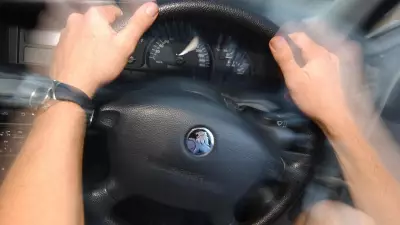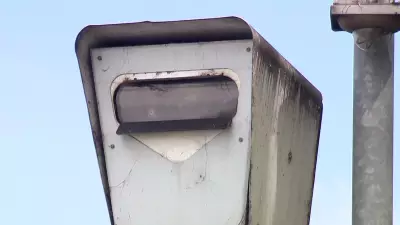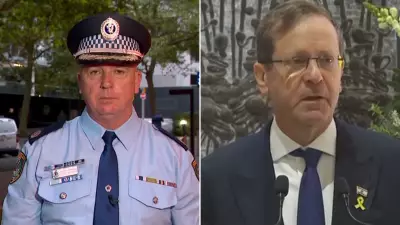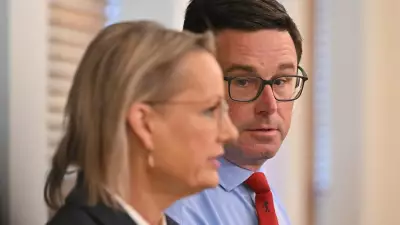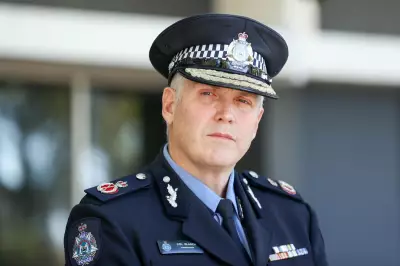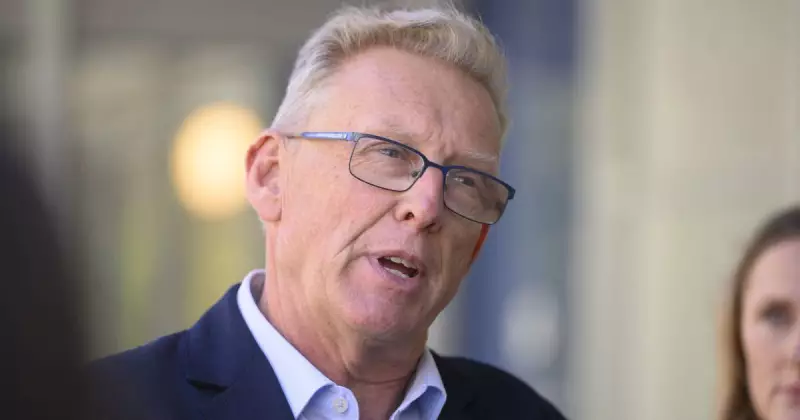
The Canberra Liberals have been handed a crucial three-year reprieve to salvage their political future, with newly elected leader Mark Parton facing the monumental task of ending the party's destructive civil war.
A Party in Crisis
The ACT Legislative Assembly won't face voters until October 2028, providing what leader Mark Parton describes as essential time to "leave shit behind" and address decades of internal dysfunction. The party's recent leadership chaos reached breaking point when former leader Leanne Castley and deputy Jeremy Hanson attempted to expel popular members Elizabeth Lee and Peter Cain over what many considered a trivial issue.
This move backfired spectacularly, with the party room unanimously reinstating Lee and Cain in what amounted to a clear vote of no confidence in the Castley-Hanson leadership. Their subsequent decision to stand down acknowledged the damage their conservative faction had inflicted, stating it was necessary "to give the Canberra Liberals the best possible chance of success in the 2028 election."
The Parton-Morris Rescue Mission
Mark Parton, installed as a moderate "unifier" with deputy Deborah Morris, represents the party's best hope for recovery. Parton has expressed frustration with internal squabbles, telling colleagues he's "absolutely sick to death of having conversations about internal party matters" and wants all nine Liberal MLAs "on the same train heading forward."
His analysis of the party's fundamental problem reveals deeper divisions than traditional left-right politics. According to Parton, the real split is between those who "hang on to shit and people who leave shit behind" - a reference to longstanding personal animosities dating back to when Zed Seselja rolled Gary Humphries, the last ACT Liberal to serve as Chief Minister.
Existential Threat for Canberra Liberals
The internal warfare has completely overshadowed the Liberals' function as an opposition, making them what observers describe as "the most unelectable they have ever been." The danger for Parton is that he becomes like Sisyphus, constantly pushing his rock uphill only to watch it roll back down.
Canberra's political landscape has shifted significantly, with voters demonstrating a clear preference for centrist, integrity-focused politics exemplified by independent Senator David Pocock's election. If the Liberals cannot present as a professional, unified alternative government, they risk losing seats not just to Labor and the Greens, but to centrist independents of the teal variety.
This represents an existential crisis for the party. As one political analyst noted, "If the Liberals continue to oppose themselves, they will be brought to the brink of annihilation." The coming three years will determine whether Parton can transform his party from a perpetually self-cannibalising opposition into a credible government alternative that Canberra voters deserve.

